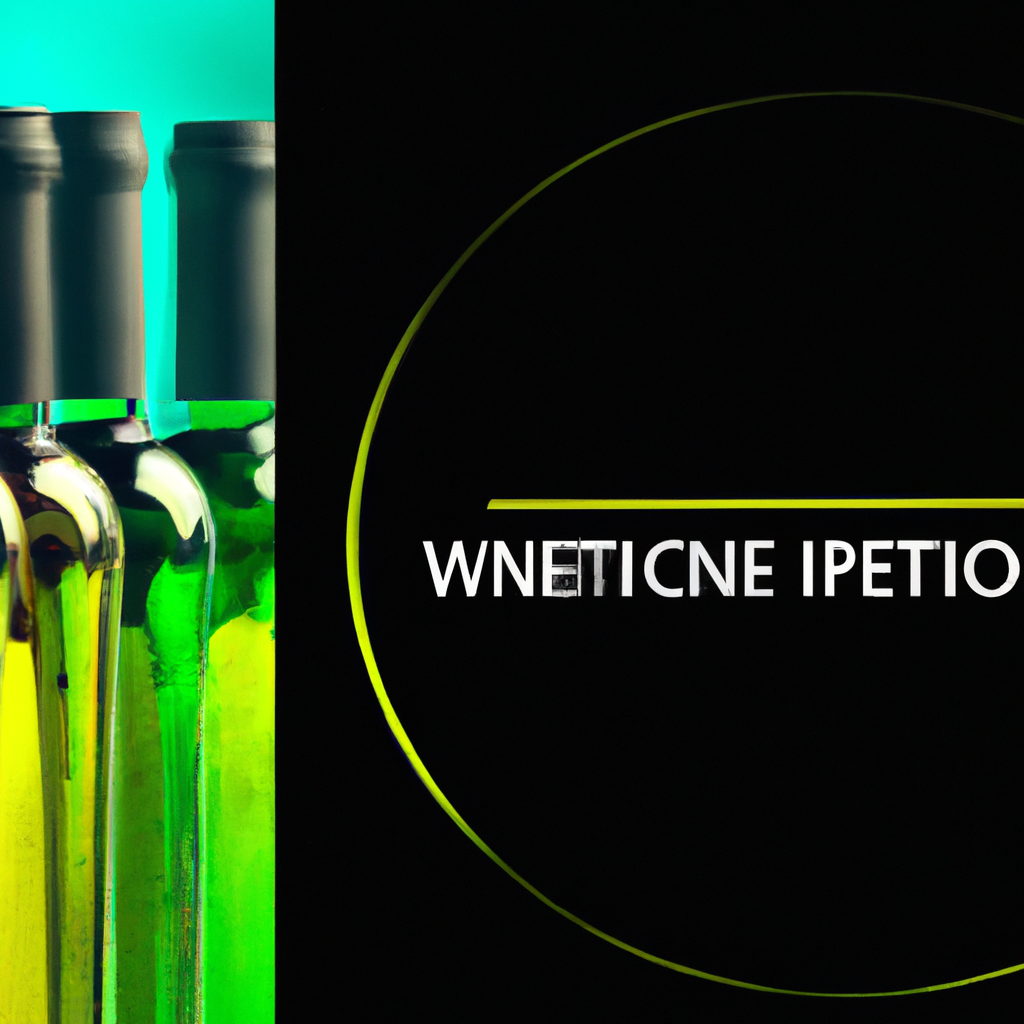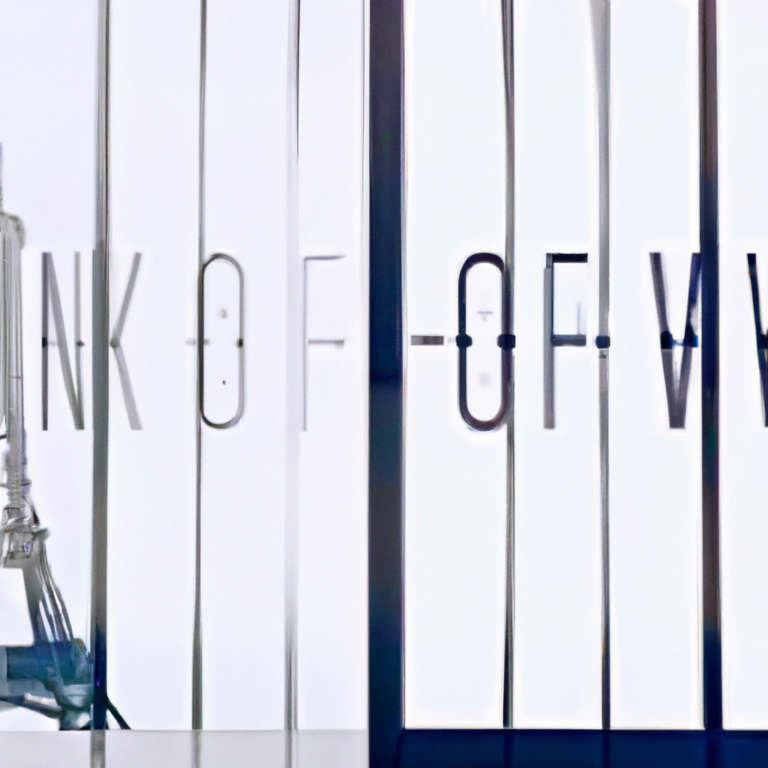Direct to Consumer Sales: A Promising Outlook for the Wine Industry in 2024
-
Article Summary
- Direct to Consumer Sales: A Promising Outlook for the Wine Industry in 2024
- Key Takeaways
- Introduction: The Rise of Direct to Consumer Sales in the Wine Industry
- The Appeal of DTC Sales for Wineries
- Consumer Trends Driving the Growth of DTC Sales
- Challenges and Opportunities in DTC Sales for Wineries
- FAQ Section
- What are Direct to Consumer (DTC) sales?
- Why are DTC sales appealing to wineries?
- What trends are driving the growth of DTC sales in the wine industry?
- What challenges do wineries face in DTC sales?
- How can wineries overcome these challenges?
- Conclusion: The Future of DTC Sales in the Wine Industry
- Revisiting the Key Takeaways
Direct to Consumer Sales: A Promising Outlook for the Wine Industry in 2024

[youtubomatic_search]
Key Takeaways
- Direct to Consumer (DTC) sales are revolutionizing the wine industry, offering wineries a more profitable and personalized way to reach consumers.
- Technological advancements and changes in legislation are making DTC sales more accessible and appealing to wineries.
- Consumers are increasingly embracing DTC sales due to the convenience, variety, and personalized experiences they offer.
- Despite the promising outlook, wineries must overcome challenges such as logistics, regulatory compliance, and customer acquisition and retention to succeed in DTC sales.
- Wineries that successfully leverage DTC sales can enjoy increased profitability, stronger customer relationships, and greater control over their brand and product.
Introduction: The Rise of Direct to Consumer Sales in the Wine Industry
Direct to Consumer (DTC) sales are transforming industries across the globe, and the wine industry is no exception. This model, which involves selling products directly to consumers without intermediaries, offers wineries a more profitable and personalized way to reach consumers. As we look ahead to 2024, the outlook for DTC sales in the wine industry is promising, driven by technological advancements, changes in legislation, and shifting consumer preferences.
The Appeal of DTC Sales for Wineries
For wineries, DTC sales offer several advantages over traditional distribution models. Firstly, they allow wineries to retain a larger share of the retail price, increasing profitability. According to a report by Wine Direct, wineries can make up to 67% more profit per bottle sold through DTC channels compared to traditional retail.
Secondly, DTC sales enable wineries to build direct relationships with consumers, fostering loyalty and repeat purchases. They also provide wineries with valuable consumer data, which can be used to personalize offerings and improve marketing strategies.
Finally, DTC sales give wineries greater control over their brand and product, allowing them to tell their story in their own way and ensure that their wines are presented and served as they intended.
Consumer Trends Driving the Growth of DTC Sales
On the consumer side, several trends are driving the growth of DTC sales in the wine industry. Firstly, consumers are increasingly seeking convenience and variety in their wine purchasing, which DTC sales can provide. According to a survey by Wine Intelligence, 44% of regular wine drinkers in the US now buy wine online, up from 34% in 2016.
Secondly, consumers are increasingly interested in personalized experiences and unique products, which wineries can deliver through DTC sales. For example, many wineries offer personalized wine recommendations, exclusive wines, and special events for their DTC customers.
Finally, the COVID-19 pandemic has accelerated the shift towards online shopping and home delivery, which is likely to continue post-pandemic. According to Nielsen, online alcohol sales in the US increased by 243% during the pandemic, with wine accounting for a significant share of this growth.
Challenges and Opportunities in DTC Sales for Wineries
Despite the promising outlook, wineries face several challenges in DTC sales. These include logistics, regulatory compliance, and customer acquisition and retention. However, these challenges also present opportunities for wineries to innovate and differentiate themselves.
For example, wineries can leverage technology to streamline logistics and ensure regulatory compliance. They can also use digital marketing strategies to attract and retain customers, and offer unique experiences to differentiate themselves in a crowded market.
FAQ Section
What are Direct to Consumer (DTC) sales?
DTC sales involve selling products directly to consumers without intermediaries, such as retailers or wholesalers.
Why are DTC sales appealing to wineries?
DTC sales allow wineries to retain a larger share of the retail price, build direct relationships with consumers, and have greater control over their brand and product.
What trends are driving the growth of DTC sales in the wine industry?
Consumer trends driving the growth of DTC sales include the demand for convenience and variety, interest in personalized experiences and unique products, and the shift towards online shopping and home delivery.
What challenges do wineries face in DTC sales?
Challenges include logistics, regulatory compliance, and customer acquisition and retention.
How can wineries overcome these challenges?
Wineries can leverage technology to streamline logistics and ensure regulatory compliance, use digital marketing strategies to attract and retain customers, and offer unique experiences to differentiate themselves.
Conclusion: The Future of DTC Sales in the Wine Industry
As we look ahead to 2024, the future of DTC sales in the wine industry is promising. Technological advancements, changes in legislation, and shifting consumer preferences are making DTC sales more accessible and appealing to wineries, while consumers are increasingly embracing this model due to the convenience, variety, and personalized experiences it offers.
Despite the challenges, wineries that successfully leverage DTC sales can enjoy increased profitability, stronger customer relationships, and greater control over their brand and product. As such, DTC sales represent a significant opportunity for wineries to innovate, differentiate themselves, and thrive in a rapidly changing market.
[youtubomatic_search]
Revisiting the Key Takeaways
- DTC sales are revolutionizing the wine industry, offering wineries a more profitable and personalized way to reach consumers.
- Technological advancements and changes in legislation are making DTC sales more accessible and appealing to wineries.
- Consumers are increasingly embracing DTC sales due to the convenience, variety, and personalized experiences they offer.
- Despite the challenges, wineries that successfully leverage DTC sales can enjoy increased profitability, stronger customer relationships, and greater control over their brand and product.







